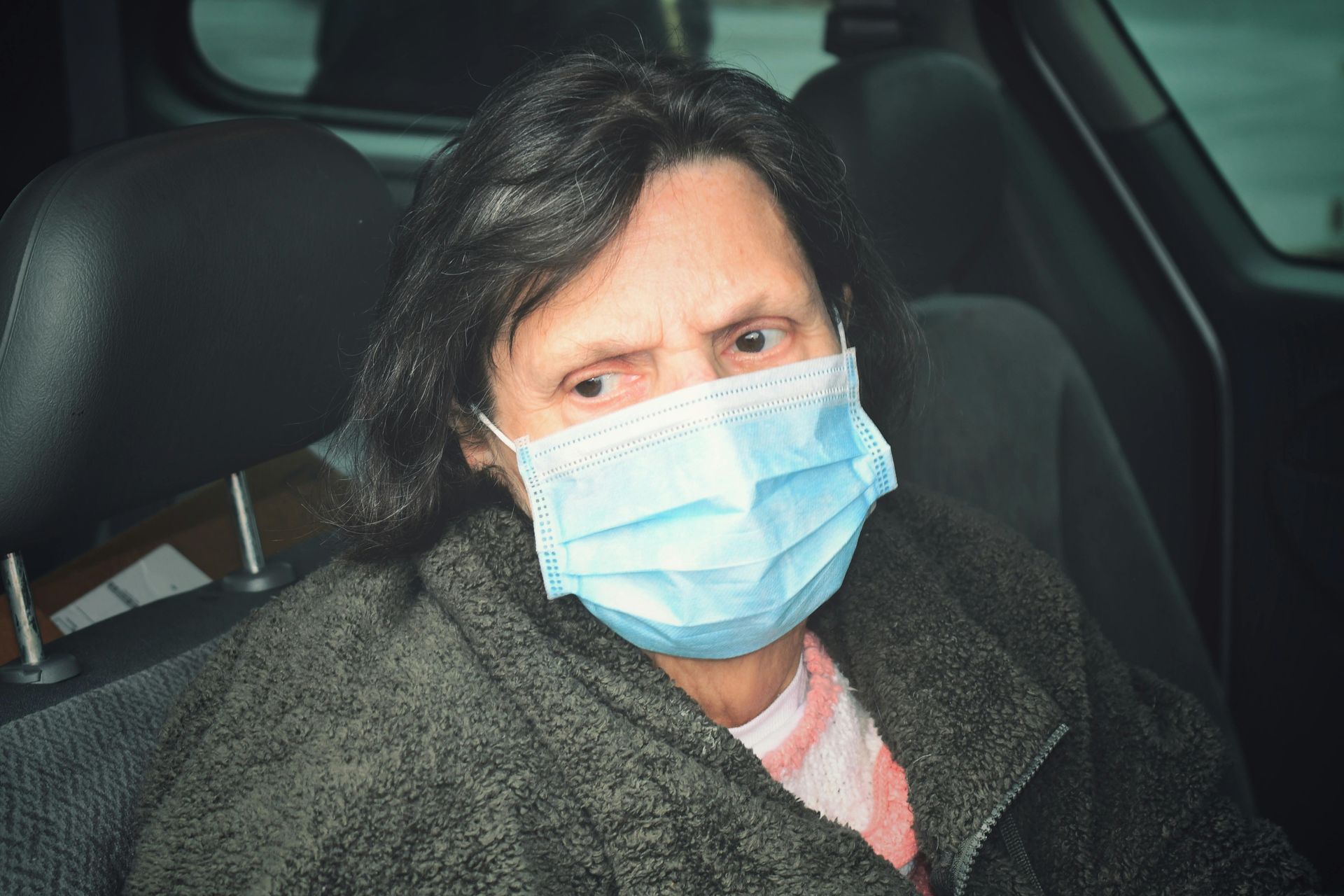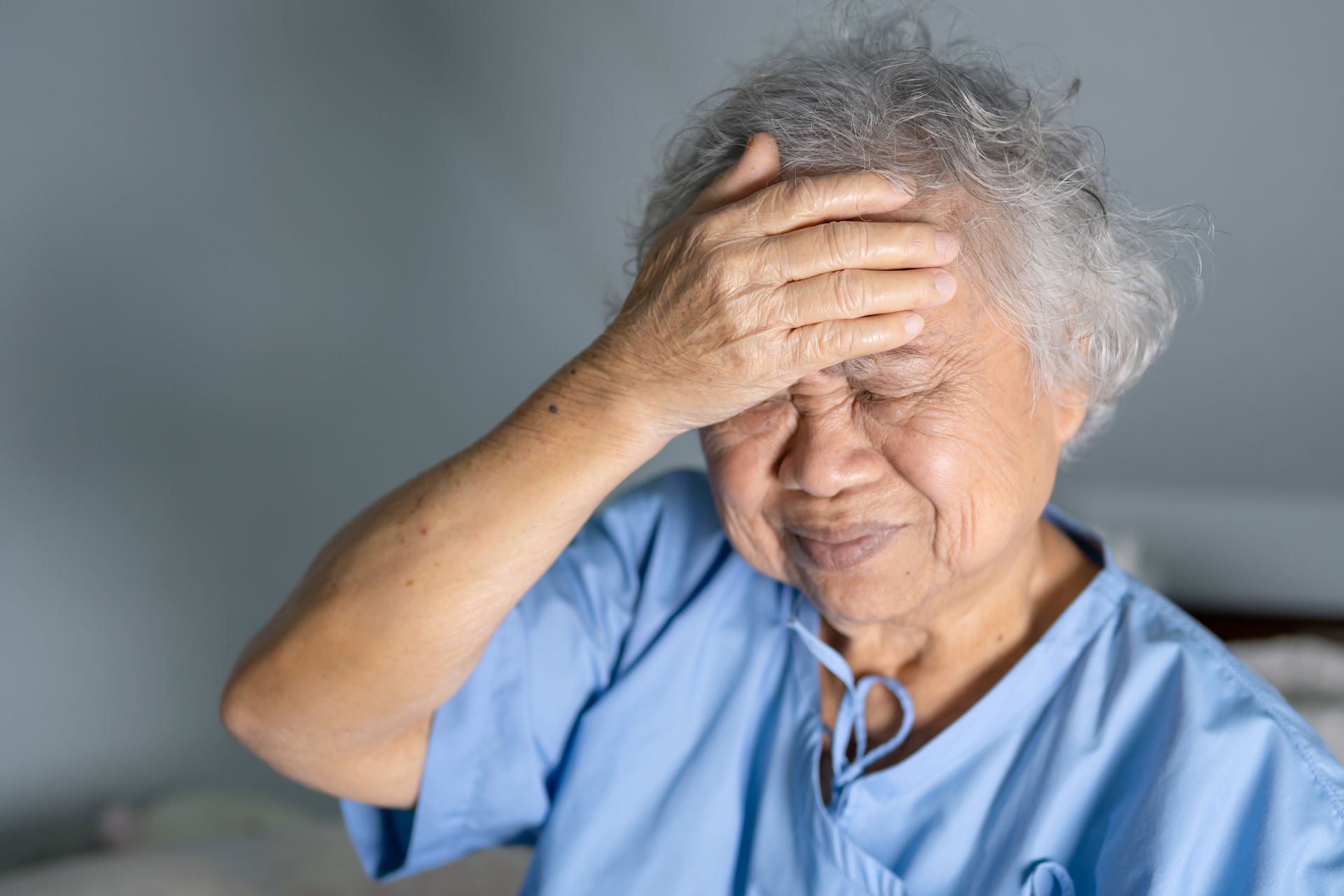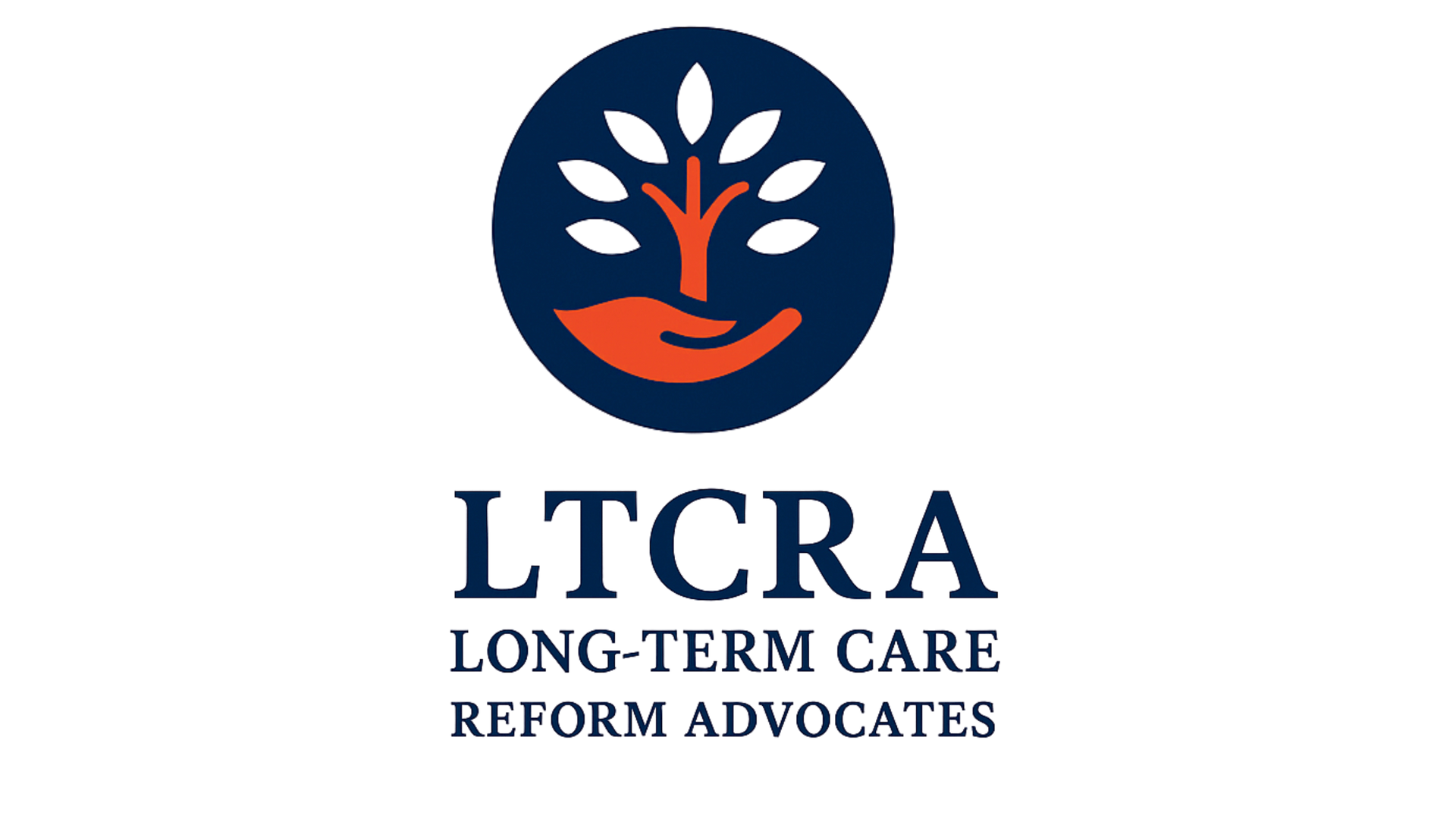Elder abuse rarely makes headlines, but it is hurting people quietly in our neighborhoods every single day. Some older adults live in care homes, some still live at home, but all deserve dignity and safety. Yet, elder abuse often goes unnoticed because it can look like everyday problems or simply gets swept under the rug.
This post unpacks what elder abuse actually is, how to spot it, and what you can do to help—not just for yourself and your loved ones, but for your whole community. The goal here is simple: make this hard topic visible so you can help create change. Every call to a lawmaker or shared conversation starts a ripple.
What Is Elder Abuse?
Elder abuse means someone harms, hurts, or takes advantage of an older person. The abuse can look different from case to case, but these are the major types:
- Physical abuse: Hitting, slapping, rough handling, or even locking someone in a room.
- Emotional or psychological abuse: Screaming, humiliating, threatening, or ignoring an older person on purpose.
- Sexual abuse: Any unwanted or forced sexual act, including inappropriate touching.
- Financial abuse or exploitation: Stealing money or property, tricking someone into signing checks, or misusing power of attorney.
- Neglect: Not giving needed care, such as food, medicine, or help with hygiene.
Elder abuse can happen in private homes, nursing facilities, assisted living apartments, and hospitals. Sometimes a trusted caregiver, relative, or even another resident is the abuser. No one is immune. Whether someone is wealthy or struggling, the risk is real. If you want to go deeper on the facts, check out the Get the Facts on Elder Abuse page from the National Council on Aging.
Warning Signs and How to Respond to Elder Abuse
The warning signs of elder abuse often look like regular problems... at first. Here are things to watch for:
Physical Abuse
- Unexplained burns, bruises, or broken bones.
- Frequent trips to the ER with vague explanations.
- Signs of restraint, like marks on wrists.
Emotional Abuse
- Withdrawn, fearful, or depressed mood.
- Sudden changes in behavior.
- The person gets nervous when a certain caregiver enters.
Financial Abuse
- Sudden loss of money, property, or valuables.
- Unusual bank withdrawals.
- Changes in wills or powers of attorney that the elder cannot clearly explain.
Neglect
- Dirty clothes, body, or living space.
- Untreated bed sores or dehydration.
- Missed doctor’s appointments.
What can you do if you suspect abuse? Talk privately and gently with the older adult. Say what you’ve noticed and listen without judgment. Even if you just have a gut feeling, report it to local Adult Protective Services (APS) or, in a care facility, to the state’s long-term care ombudsman. To see a broader list of warning signs and where to get help, visit theAmerican Psychological Association's elder abuse resource.
Taking action can mean speaking to staff, calling local authorities, or connecting with support groups. Keeping communication open—asking, listening, and checking in—can prevent more pain and help someone feel less alone.
How Elder Abuse Impacts Victims and Families
When elder abuse happens, the effects go far beyond bruises or missing cash. Victims may face:
- Physical pain and lasting injury
- Depression, anxiety, and loss of trust in others
- Fear of speaking out or reaching for help
- Isolation from friends and family
Families feel the damage too. When a loved one is abused, guilt, anger, and sadness don’t just fade. The financial fallout of theft or having to pay for extra care can be huge. When abuse happens in care facilities, it breaks faith with everyone—it shakes confidence in those meant to care for our most vulnerable.
If you want to know more about the ways abuse affects communities and families, contact your local legislator. You can help shift the story by raising awareness. With open eyes and the courage to act, anyone can start the conversation in their own circles and push for better care.
Making a Difference: What You Can Do About Elder Abuse
The problem might sound overwhelming, but small actions add up fast.
- Learn your local and state laws about elder care and protection.
- Share this information with loved ones, especially those who interact with older adults daily.
- Keep an eye out in your own neighborhood. Trust your instincts.
- Contact your elected officials to demand stronger protections and regular oversight of care homes and home health providers.
- Volunteer your time with local agencies or join campaigns that support elder rights. You can learn more by contacting LTCRA and see how your support can change lives.
- Participate in community events or public awareness days.
- Check out art therapy programs that help seniors recover from trauma.
Joining a cause isn't hard. Join or start discussion groups, distribute awareness flyers, or call your representative and ask, "What is being done to protect elders in our area?"
Conclusion
Elder abuse is a serious, hidden threat to safety and dignity that hurts not only individuals but entire communities. Learning the warning signs and taking action—whether through a simple check-in or a call to Adult Protective Services—can save lives. Speak up, share what you've learned, and contact your lawmakers to push for better laws and stronger oversight in elder care. Even one concerned person can start a wave of change that leads to safer, happier lives for our elders and those who care for them.
Take a stand today—your voice matters.


